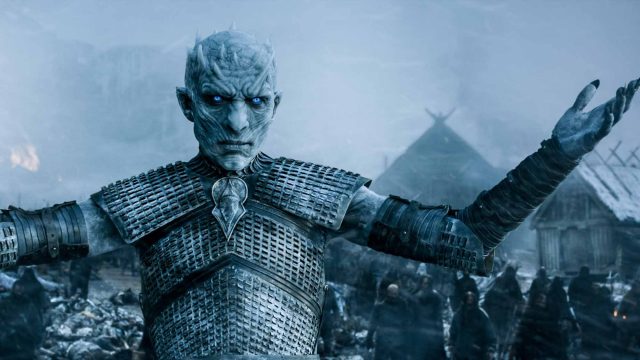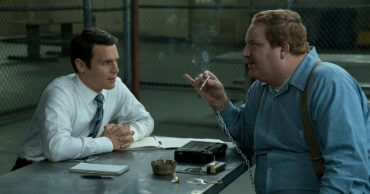
TV shows have come a long way in the last 20 years, going from being considered as very much second-string in entertainment terms, to being taken very seriously alongside the movies with some of the best episodes even considered to have surpassed movies.
The budgets have grown to almost movie-sized while directors like Woody Allen, David Fincher, Martin Scorsese and others have all taken on the challenge of the small screen for the challenge, rather than because their careers have gone downhill. So what’s happened?
Quality Drama
A lot of the respect that TV gets nowadays dates back to the late 1990s and early 2000s when shows like The Sopranos, The West Wing and Six Feet Under were demonstrating the kind of quality of drama that we hadn’t often seen before on TV. There had been great TV shows in the past (I Love Lucy, M*A*S*H, etc) but most had been comedies, with great dramas usually seen on the big screen instead. These shows changed all of that and set the wheels in motion for ‘Prime TV’.
Great Writing
The combination of great writing (Alan Ball going from American Beauty to Six Feet Under), stellar casts (Martin Sheen as President Bartlet) and the freedom from censorious networks (The Sopranos couldn’t have been made by anyone other than HBO at the time) elevated TV and inspired so many of the programmes we get to enjoy today, like Game Of Thrones, Westworld, The Walking Dead, House Of Cards and others.
Consistency
Another key factor in their success and the legacy they have left is consistency, not only in maintaining quality levels, but also in keeping main cast members on board for the full run, rather than falling into the more traditional trap of seeing stars come and go in revolving door casts. Also important has been the rise of showrunners, with David Chase, Alan Ball and Aaron Sorkin opening the door to the likes of Matt Weiner (Mad Men), Terence Winter (Boardwalk Empire), Vince Gilligan (Breaking Bad) and Shonda Rimes (too many to list).
This faith in creative talent hasn’t always paid off, with Winter’s education while working on The Sopranos leading to Boardwalk Empire but also the failed Vinyl, but the number of great shows that have come along from earlier great shows can’t be seen as a coincidence.
The Influence Of Streaming Services
Prime TV has also been ushered in by the rise of streaming services, which initially focused on movies and old shows but soon began creating their own TV content, with Netflix leading the way thanks to the likes of Orange Is The New Black and Stranger Things, while Amazon have created the acclaimed Transparent amongst others.
Some of these shows have won critical praise without getting a big audience, so does that matter when it comes to deciding what is a great show? The likes of The Big Bang Theory get the kind of audience figures that most of the shows mentioned above could only dream of, so does that make them great or just populist trash that appeals to the largest possible audience by offering cheap and easy entertainment? You’ll have your own answer to that, no doubt, but no show that achieves popularity and longevity can be discounted as a great.
Personal Choice
Of course, the main thing that makes a show great though is what YOU thinks makes a show great, because it’s all about subjectivity. You might think The Sopranos was actually a bit boring and that How I Met Your Mother was an all-time great, and nobody could tell you that you were wrong (though lots would be happy to do so on Twitter). Critics will always come up with their lists of the greatest shows of all time and all we can be is happy to have so much great TV out there to watch.
 Follow Us
Follow Us





